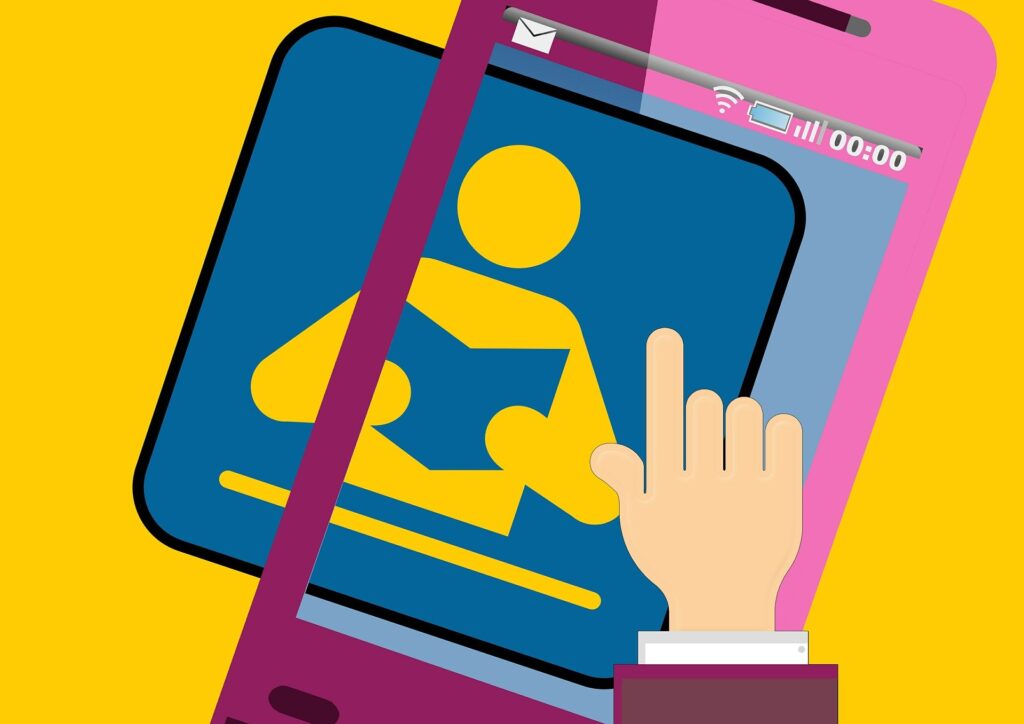Muhammad Bezinjo
The outbreak of the contagious COVID-19 virus in Pakistan has disrupted social life and the economy of the country. The pandemic has also affected the education sector and universities were forced to adopt the online lecture system. This new way of education, just like the novel virus, put students in a difficult situation, particularly those from areas like Gilgit Baltistan, Balochistan, south Punjab and the tribal districts of Khyber Pakhtunkhwa. Despite the on-pandemic, private universities impetuously set a calendar for the beginning of the online classes by granting a gap of 15 days to train teachers for this new beginning. Some famous private universities also significantly increased the semester fee, perhaps to show a sense of solidarity with the burdens of their apprentices. The quality of online education had become the requirement of high wages.
The classes began and students with facilities turned their faces towards Zoom and began attending courses, without even acknowledging that half of the class cannot have access to lavish internet facilities.
The suffering of students belonging to tribal areas had been ignored by the private universities because internet facilities were considered not to be the problem of the institute. Instead, it became the problem of the student because they belonged to poor areas like Ghizer, Turbat, Waziristan, and DG Khan. “They need to fix the problem for the institute to attend the on-going classes,” was the attitude. It is important to mention that universities promised to send recorded videos, CDs and USBs with all course content to enable every student to access material. But this did not happen, because it is not only about the internet, many such areas don’t even have electricity yet. So private universities happily played their role of completing a semester with the help of YouTube videos, PowerPoint lectures and with the flow of uploading assignments by giving an extended deadline of ten to fifteen days. Well, it was the panacea of Private institutes amid coronavirus to brush off the semester.
Ostensibly, government universities didn’t remain any step behind from their private counterparts. They also announced to begin online classes from the start of June. However, it would be a complete loss of education for students in less privileged areas of the country, where the need for education is relatively more important. Quaid-e-Azam University, Government College, and other government institutes introduce a date to initiate webinar lectures in June. This announcement created tension among students from the peripheries. Students launched campaigns to denounce the statements. And those who could hardly access internet joined the virtual protests to decry online classes and demanded the restoration of the internet in the secluded areas. For other parts of the country, lockdown, quarantine suffocation is becoming an issue, but for these students, the basic human necessities like internet, electricity, and education has become the main struggle. Whereas, the differences of the problem could be sensed in these myriad parts of the country. Starting of the online classes without considering the issue of these students will drag them in a sense of inferiority and deprivation. Needless to say, we have already played an adequate role to create a space for prejudice and hatred in these areas, we cannot keep the tendency of more.
The state should play a paternalistic role to provide the basic needs of its ignored parts. These students are already under the stress of many issues; getting quality of education shouldn’t be one of that. Apparently, under these hard circumstances, we shouldn’t entirely blame the institutes for beginning their semesters in the webinar. Still, we at the meantime can question the state by not rendering these needs. We don’t know how long this pandemic will take, and we also have no idea how we will deal with the upcoming wave of this novel virus. Amidst of all these chaos, HEC needs to follow a rule of considering everyone in an equal position in terms of providing education. Otherwise, we will lose a generation which is already starved of education.
This pandemic is revealing the incapability and ineffectiveness of the online education system. The support of YouTube videos and PowerPoint lectures are stripping further realities about our education system. God forbid, if the pandemic persists, we will bear worse consequences in the education sector.
The Students’ Herald News Desk focuses on reporting the latest news regarding student politics and campus updates to you.
The News Desk can be reached at admin@thestudentsherald.com




